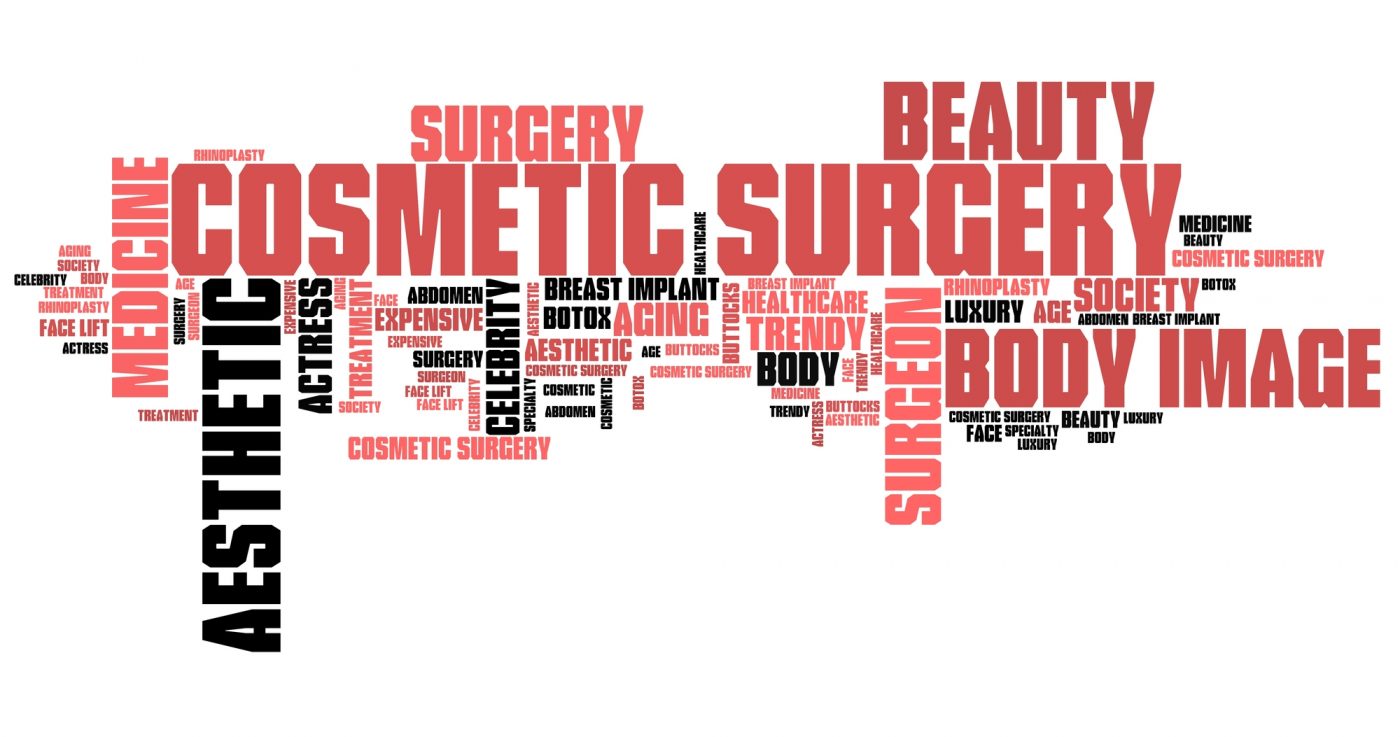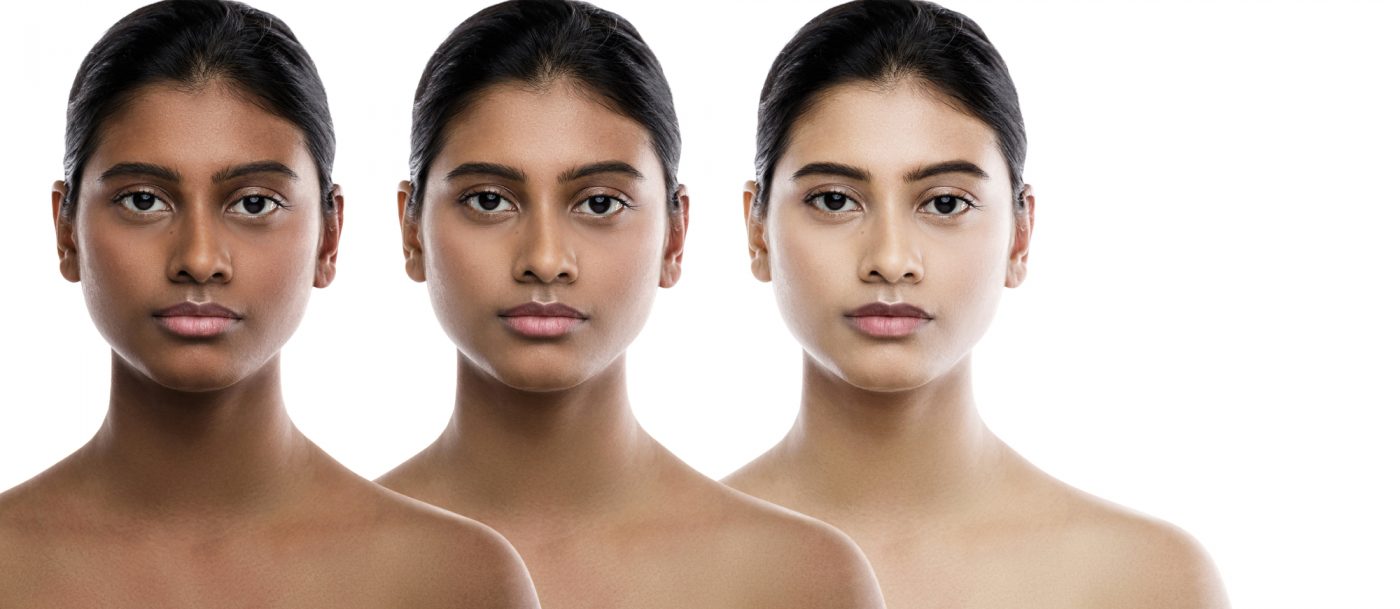Stop Doing These 13 Things and Start Feeling Better About Yourself Today

Navigating this world and these times is not easy especially when there’s so much pressure to conform
Conforming to expectations of others.
And along with all this conforming comes a chipping away of self value.
Each generation faces its own unique set of challenges, but one thing remains the same, no matter the generation.
No matter the time.
No matter the place,
To be truly happy and content in life you have to stay true to who you are.
I know. Sounds cliche, but that does not make it any less true.
You need to hear it.
And it is not enough for you to just say it.
You have to live it.
Especially if you have been made to feel “less than” or not good enough.
This is especially true for Black, Brown, Poor and Marginalized people, including women in many parts of world.
To feel happier and be stronger within, it’s imperative that you do not devalue yourself in a futile attempt to live up to the expectations of others.
Check out these 13 things that people do that undermine who they are. If you are doing any of them, stop doing them today.
Here are 13 Things to stop doing now so you can start feeling better about yourself
- Thinking the way of others is inherently better. All other ways we devalue ourselves follows from this one.
- Pursuing and adopting the values and ways of life of others and relegating our value and culture as second class.
- Dismissing our own history and incorporating the history of others. Their stories and experiences are now more credible than our own.
- Striving to conform to the physical standards and ideals of others to the point that we do not even see the beauty in ourselves.
- Placing more importance on the lives of others, with the result that somehow their lives are more important than ours.
- Choosing to remain uneducated in a world that offers so much free information.
- Failing to take responsibility for our actions and waiting for others to rescue us, while at the same time, not supporting those within us who can help. And then when things don’t work out, we begin to see ourselves as victims.
- Doing whatever it takes to make ourselves accepted by others, even if it means an erosion of self-respect.
- Trading who we are for who we are not.
- Failing to take care of our most vulnerable, our young people and our elders.
- Having children and abandoning them financially and emotionally.
- Continuing to be conspicuous consumers and not providing a foundation of education, financial literacy and wealth building strategies to our future generations.
- Failing to have a written will and other instructions in place for our families when we die.
Eliminate these behaviors and we will all be stronger, happier and more successful people.
Here are two other articles you may be interested in reading: https://maryoluonye.theredsunflower.com/will-cosmetic-surgery-make-you-happier/ and https://maryoluonye.theredsunflower.com/skin-bleaching-is-a-symptom-of-a-deeper-problem/
Will Cosmetic Surgery Make You Happier?

Is cosmetic surgery just what you need to make you happier?
I don’t know. Will it?
You’re the only one who can answer that question. It depends on how you measure happiness and success.
If you truly believe that you’ll be happier after cosmetic surgery and that you will find your soulmate and true love, or you’ll be more popular and have many friends and followers, then cosmetic surgery may be your answer.
If you believe that you’ll be more successful and that you will get a promotion or secure a new and better job, then cosmetic surgery may be what you are looking for.
Then by all means, go for it! It’s your life, after all. But before you do, here’s something to think about.
If people like or dislike you based upon what you look like, does that mean they like or dislike the person that you really are? The real you? What if cosmetic surgery ends up not being a prescription for happiness and success? What if equating the idea of physical appearance to happiness and success leads to disappointment because you realize in the long run that the old sentiment just might be true: Happiness comes from within.
A question
What is it about yourself – your face or your body – that you don’t like or value? Why? Did someone tell you or teach you not to like something about yourself? And who are they anyway?
I read an article about a young Chinese actress who shared her experience of an unsuccessful surgical procedure performed on her nose. The photographs revealed that some tissue at the tip of her nose had turned black in color which indicted tissue death.
I wondered why she’d had the surgery in the first place. That led me to more research, and to more and more articles about cosmetic surgery and the sharp rise in the number of surgeries taking place in China, especially among younger and younger women.
And it’s not only young women who are undergoing cosmetic surgery, sometimes multiple surgeries; an increasing number of young men are going under the knife too.
An important difference
In the past, it was more common that most people getting cosmetic surgery were primarily women trying to alleviate the signs or effects of aging in an attempt to look more like their younger selves. They were seeking to reverse the clock, so to speak.
Today’s young people are getting surgery to alter their looks in pursuit of some impossibly perfect or ideal standard of beauty as defined by society, culture or media.
Some will tell you that cosmetic surgery is about enhancing their natural look, but what if after surgery the alteration is so complete that the person’s before and after photos bear no resemblance to each other?
While older people try to recapture their youthful look, young people today are trying to change what they look like. Period. Why is that? Why don’t they like their natural selves? Why does it mean so much to them to look like something or someone that they are not?
A global obsession with looks
It’s not just China. The obsession with physical appearance is global. You’ll find the same thing in the USA, Mexico, Brazil, Colombia, Italy, Germany, India, Nigeria, South Africa, Australia, Japan, S. Korea and many more countries.
Here are some of the most popular procedures:
- Skin (lightening or whitening the skin)
- Nose (making noses thinner or narrower)
- Breasts (making them bigger or smaller, or lifting them up)
- Face, thighs, buttocks (removing fat to make slimmer or more contoured)
- Lips (making them fuller or reshaping)
- Stomach (removing fat)
- Eyelids (creating a new eyelid fold to make eyes look larger)
Cosmetic surgery is big business
Cosmetic surgery is huge. According to a report by ihealthcareanalyst.com, the Global Health Care and Procedures Market is anticipated to reach $50.5 billion dollars by 2027. And where there is big money to be made and so many eager customers, along come the unscrupulous, unlicensed, unregistered, inexperienced clinics and doctors who practice “medicine” that result in botched jobs and horror stories.
Back to the original question
Back to my original question. What is it about yourself that you don’t like? Why would you put yourself through one or more surgeries to change your physical features. Is it that you want to look perfect? Is there such a thing as perfect?
Even if after changing your looks, do you really think surgery will change how you will feel within, or change how you feel about the real you?
And those new friends and people in your life? Are they really your friends? Or are they friends only because you look a certain way?
Will you be happier after cosmetic surgery? That is the question that only you can answer. It depends on how you measure happiness and success and what being happy and successful means to you.
If you still believe that cosmetic surgery is the right course of action for you, just be sure to do your homework. Research several doctors and clinics. Check out reviews and testimonials and pay particular attention to any complaints or lawsuits. Best of all, try to speak with people who have had the surgery that you are contemplating having. Learn about their experiences and find out who performed their surgery. And don’t forget to ask them if they are truly happier because they had the surgery.
Just make sure to have all the information you need in order to make the best informed decision that is best for you.
You might be interested in reading my article about skin bleaching. Skin Bleaching Is A Symptom of A Deeper Problem
Skin Bleaching is a Symptom of a Deeper Problem
Eliminating Color & Peeling Away Self-Value

Imagine walking down a store aisle and being confronted with products claiming to bleach skin! Which is exactly what I encountered one day. Whatever you want to call it, skin bleaching, skin whitening, skin lightening, I never realized how widespread this dangerous practice is.
I am a proud Nigerian-American Black woman who makes it a point to encourage people of all ethnicities to value who and what they are. So I was especially appalled and disappointed to see so many skin whitening products for sale on shelf after shelf in a store in Lagos, Nigeria … a Black African country, for goodness sake.
I find such products, which essentially equate whiteness with better, to be condescending, ignorant and offensive.
With so many shelves devoted to these products, obviously there is a demand for them. According to one World Health Organization report, skin bleaching is a multi-billion dollar global industry. What a shame. Stratistics Market Research Consulting predicts that the global market for skin lightening products is expected to reach $8,011 million by 2026. Other researchers have projected figures to reach as high as $8,895 million by 2024.
Certain skin conditions may require the use of medications to treat localized discoloration of the skin. This article is not about that. It’s about the use of products to lighten naturally darker skin so that it resembles some perceived whiter, preferred ideal.
Skin bleaching, whitening, lightening, brightening (or whatever they choose to call it), remains a big problem globally. In Asia, the Caribbean, Europe, North and South America, Middle East, and Africa, women, and an increasing number of men use these products. They bleach face, hands, arms, neck, legs and sometimes the entire body.
Striving to be, or to look like what they are not, comes at a cost
Bleached skin not only looks unnatural, but it can often be permanently damaged (scars, burns, splotchy patches, etc.). Bleaching products contain toxic, dangerous ingredients including mercury and hydroquinone which can cause liver and kidney damage, cancer and the destruction of melanocytes (the cells that produce melanin responsible for pigment and provide a measure of protection from the sun’s skin damaging ultra violet rays). Some people even go as far as to take tablets and injections and more recently, infusions of glutathione, to achieve lighter skin.
I, for one, am glad to know that several African countries have banned the importation of most, and in some cases all skin bleaching products. Some of these countries are South Africa, Kenya, Cote d’ Ivoire, Ghana, Tanzania and Rwanda. Although banned, enforcement is difficult in light of the fact that the demand is still so high that smugglers continue to have a robust business dealing in these products.
If you are bleaching your skin, or even thinking about starting to to do it, I would ask you, Why? Why would you do this to yourself?
More importantly, I would ask you, what does this say about self-value? About what you think of yourself? About the essence of who you are?
Have you been taught, or have you bought into the false idea that everything white is better?
Do you value what you are not, more than you value who you are?
It all comes down to value. This is very serious. Valuing who you are includes valuing your natural self (ethnic, racial, genetic). Valuing yourself first is an absolute must.
If you think that by bleaching your skin you will attract a man (or woman) to marry you, or that you will get a better job, or that you will increase your status in life, please consider this.
If a man is marrying you because you are lighter in complexion, then he is a superficial person and you do not need that kind of a husband.
If a company is hiring you because your skin is lighter, then you need to question the values of that company. Do not compromise who and what you are because of a job. You don’t need that kind of an employer.
As for increasing your social standing, don’t believe the lie. Everybody will know what you are doing to yourself anyway. You’re not fooling anybody. And people don’t respect people who don’t respect or value themselves. Never forget that. Value yourself first, and you will find that others will value you too.



